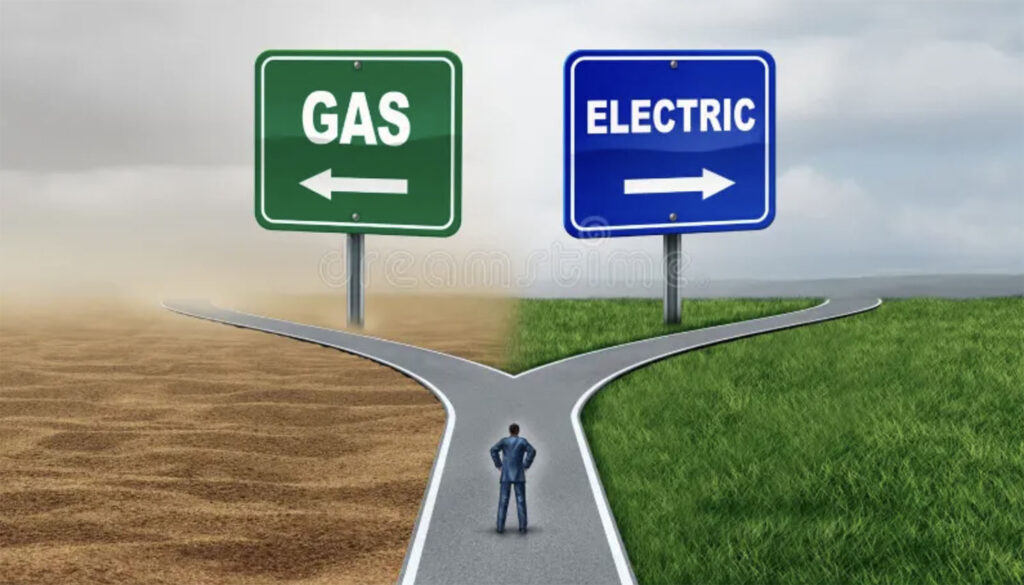By Kim Heismann
In the ongoing journey toward a clean future of sustainability, there is a concerning backlash against electric vehicles (EVs) in the US and Europe, according to Politico, even becoming an election issue on both continents. The resistance is being led by many conservative politicians, such as Donald Trump and the UK Prime Minister. Trump and allies vehemently oppose the Biden administration’s EV policies. In Europe, electric vehicles are currently caught in a ‘surge’ of populist opposition to climate policies as voters grapple with escalating prices.
The opposition argues that EVs will bring about job losses and inflation, while unfairly portraying EVs as expensive novelties unfit for longer journeys. There’s also unsubstantiated fear of dependence on China for battery materials, leading to proposals for extra taxes and restrictions on EVs. The issue is being used politically, as shown by Trump’s recent visit to a MI auto parts plant, as a ploy to win union member support. He said the shift from gas to EV would be “a transition to unemployment and inflation without end,” says Politico.
While Europe has been a leader in climate policies and promoting EVs, it’s disconcerting that there is now growing populist resistance to both, with rising prices amplifying criticism of EVs. Italian Transport Minister Matteo Salvini has criticized a proposed European Union ban on internal combustion engines as ‘ludicrous’ and ‘job-destroying madness’ that would ultimately favor China. Czech lawmaker Alexandr Vondra has branded proponents of stricter vehicle pollution standards as the ‘undertakers of the European automotive industry.’
In the UK, Prime Minister Rishi Sunak has altered his stance on the phasing out of petrol and diesel vehicles. He has extended the deadline from 2030 to 2035 in an attempt to turn it into a winning political strategy for likely elections next year. Fortunately, voters in two local elections have rejected his cynical actions, as we report this week in our Good News.
Back in the US, it’s important to note that opposition isn’t universal among conservative leaders. Many Republicans in southern states, where automakers invest heavily in EV manufacturing (primarily because they’re low-cost, non-union states), refrain from criticizing EVs. Some, such as Georgia Governor Brian Kemp, recognize the potential of EV manufacturing for job creation and economic growth. Governor Kemp aims to establish his state as an EV manufacturing hub despite climate change skepticism.
In this polarized landscape, the future of EVs is increasingly intertwined with political agendas. On one hand, US manufacturers are seeking the lowest cost states to build their new EV production. These are in southern, non-union states. On the other hand, organized labor is deeply concerned about its future as plants producing gas-fueled vehicles are in northern union states. They see little future investment in those plants and the loss of union jobs as manufacturers move EV production to the south. This underlies part of the ongoing autoworkers strike.
This clash can potentially have significant impacts for both 2024 elections and our ability to address climate change. Somehow we need to find a win-win-win solution that allows companies and labor to thrive while promoting EVs as a necessary solution to combating climate change.

